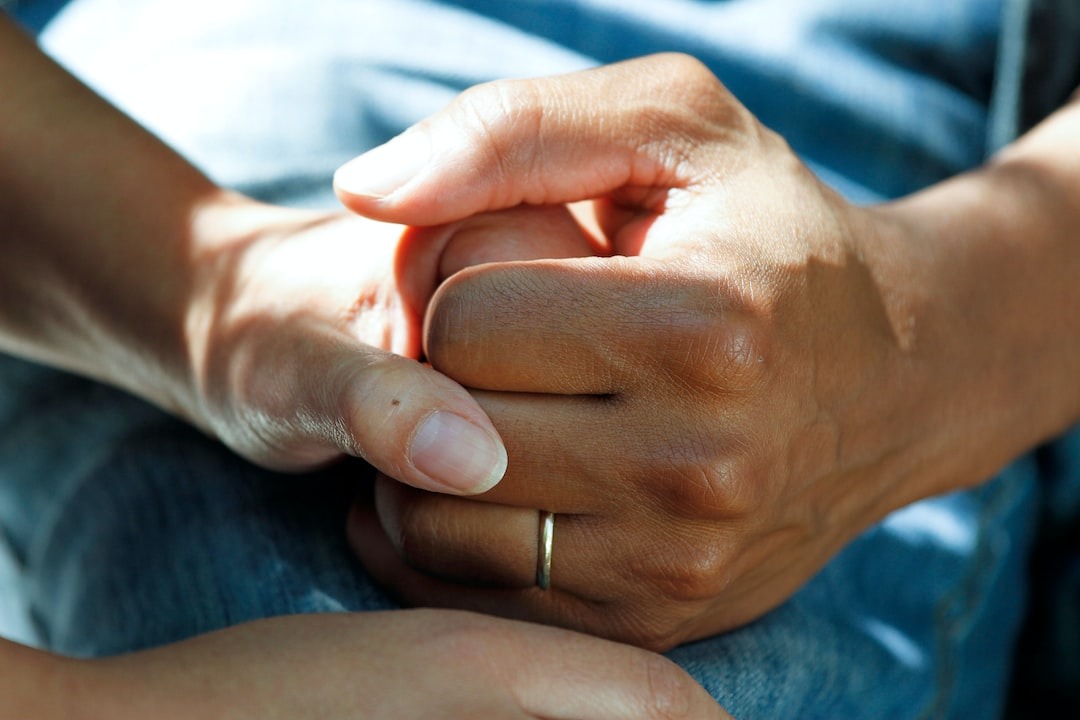
Recovery is not merely about fixing one aspect of our lives. While recovery is about healing from specific issues of addiction and mental health, it is also about healing on a cellular level. What this means is that multiple issues of our lives must be addressed to experience a full recovery. This includes treating comorbidities if they are present. The good news is that there are plenty of recovery options in Colorado for making this full recovery happen.
What Exactly Does ‘Comorbidities’ of Mental Health and Addiction Mean?
Quite aptly put, comorbidities are when two disorders co-occur at the same time in the same individual. Comorbidities of mental health and addiction are actually much more common than many people may think.
Here are the facts. According to the National Institute on Drug Abuse (NIDA), “7.7 million adults have co-occurring mental and substance use disorders.” NIDA also states, “Of the 20.3 million adults with substance use disorders, 37.9% also had mental illnesses” and that among the “42.1 million adults with mental illness, 18.2% also had substance use disorders.”
NIDA also points out that having comorbidities “doesn’t mean that one caused the other and it can be difficult to determine which came first.” This is why it is important not to try and diagnose comorbidities on our own. It is critical to get a professional dual diagnosis from a clinical or mental health/addiction professional. Again, the good news is that there are plenty of specialists and recovery options in Colorado.
Recovery Options in Colorado: The Importance of Getting the Right Diagnosis, Right Away
Getting the right diagnosis right away is one of the best ways to ensure that the recovery process will run as smoothly as possible. Not having comorbidities diagnosed properly from the start can set recovery back because one untreated disorder can inhibit the other from getting any better.
The fact of the matter is that, if present, issues of mental health and addiction are more often than not intrinsically intertwined. This means one untreated disorder means two untreated disorders. However, this also means the opposite is true. When both issues are treated in tandem, then both issues can be resolved on relatively the same timetable.
Recovery Options in Colorado: The Importance of Treating Comorbidities at the Same Time
When many people think of Colorado, they often think about the mountains and a very serene and peaceful setting. With this, they are not wrong. However, what they may not realize is that Colorado is home to some of the best addiction and mental health specialists in the country.
Whether it be Longmont, Boulder, Larimer County, Glenwood Springs, or other places, there are many effective recovery options in Colorado. These places have the caliber of addiction and mental health specialists that can both effectively dual diagnose and tandemly treat comorbidities of mental health and addiction.
Recovery Options in Colorado: Making the Right Recovery Choices After Treatment
The recovery options in Colorado are also ideal after the initial treatment process has concluded. Colorado has both natural landscapes, like the Rocky Mountains, and urban cityscapes, like Denver, that can offer something for everyone as they continue their recovery post-treatment center.
The recovery options in Colorado also include exceptional partial hospitalization programs (PHPs), intensive outpatient programs (IOPs), general outpatient programs (GOPs), and sober living facilities. These are all great transitional options after a more intensive residential program to treat comorbidities has taken place. The recovery options in Colorado also include the potential to create an exceptional sober network. Because Colorado has so many great addiction and mental health specialists, it also also a great recovery community of “recovery peers.”
This means that there are great 12-Step communities throughout Colorado, as well as other forms of community recovery meet-ups such as the ones offered via SMART or Dharma recovery groups. There are also many outreach centers where one can be of service in recovery. (And as they say in the primary text of 12-Step recovery – commonly referred to as the “Big Book” – “Practical experience shows that nothing will so much insure immunity from drinking [and using] as intensive work with [others in recovery]. It works when other activities fail.”
Excellent Recovery Options in Colorado With The Redpoint Center
Here at The Redpoint Center, we understand how important it is to get a proper dual diagnosis right away if comorbidities of addiction and mental health are present. This is why we have some of the best professionals in the field on our staff.
W. H. Auden once cheekily wrote, “We are all here on earth to help others; what on earth the others are here for I don’t know.” Well, here at The Redpoint Center, we are here in Colorado to help others. That is our primary purpose, and that is something we know for certain.
Many people are unaware of how prevalent comorbidities of addiction and mental health really are. Also, many people may be unaware of the importance of treating co-occurring disorders at the same time to avoid both mental health and addiction relapse. The good news is that there are many excellent residential programs, partial hospitalization programs (PHP), and intensive and general outpatient programs (IOPs and GOPs) for effectively treating individuals in Colorado. If you feel like you or a loved one may be struggling with issues of addiction, mental health, or both, we can help. For more information on treatment options for comorbidities in Colorado, please reach out to The Redpoint Center today at (303) 710-8496.












